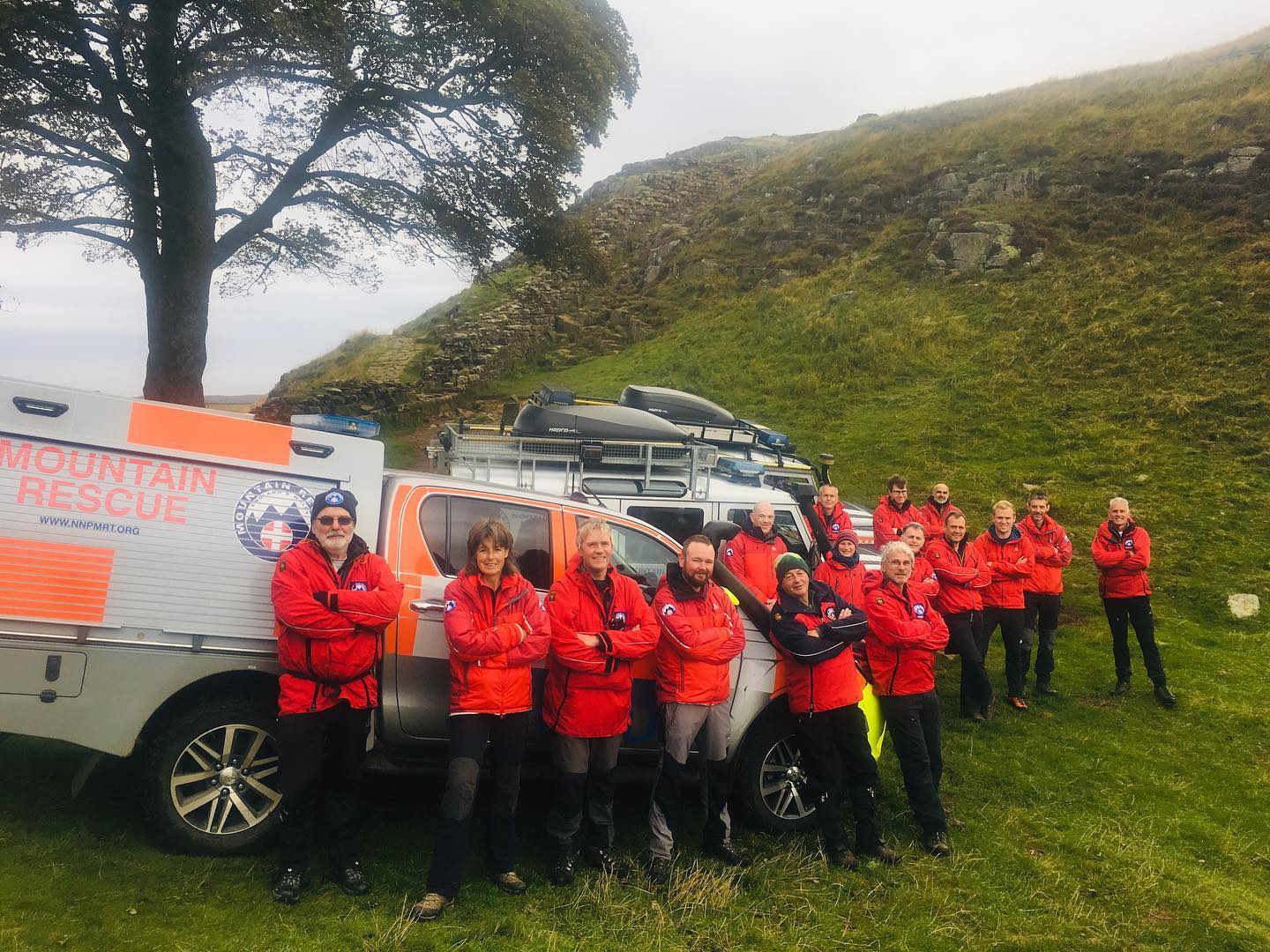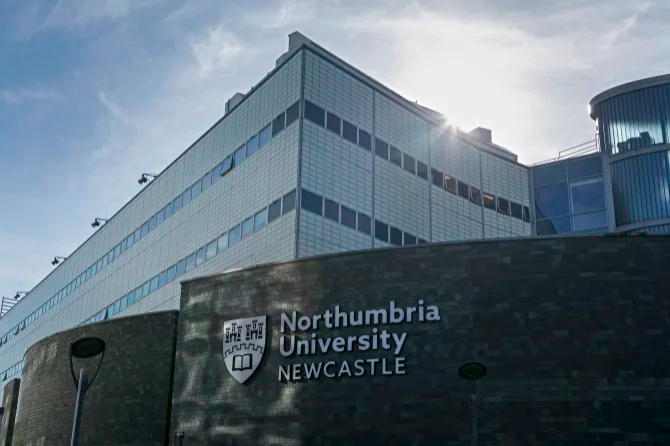
Regional health innovation experts help Dräger UK secure multimillion-pound PPE deal
Blyth-based Dräger is due to begin a lucrative contract supplying the government with respiratory masks following support from three key regional organisations.
The Academic Health Science Network for the North East and North Cumbria (AHSN NENC), the Innovation SuperNetwork and the North East Local Enterprise Partnership (North East LEP) worked in collaboration to provide expert guidance to help strengthen Dräger’s pitch to government to supply the NHS with respiratory protection masks in response to the COVID-19 pandemic.
It was announced last month that the government has now placed a multimillion-pound order with Dräger to supply respiratory protection masks (FFP3) over the course of this year and next.
The deal will bring investment and jobs into the region as the company plans to set up a mask production operation based in Blyth, Northumberland, alongside four other production sites across the globe.
Alex Duthie, UK Sales Director, Dräger, said: “The AHSN NENC were invaluable to our bid for the PPE Government contract. They were able to get our name to the right people and assisted in building our profile as an existing and trusted supplier within the NHS. Whenever an opportunity arose, the AHSN NENC, Innovation SuperNetwork and North East LEP were advocates of ours, and we couldn’t have done it without them.”
The Innovation SuperNetwork contacted Dräger earlier this year after learning they were keen to open a PPE manufacturing plant in response to the growing demand for respiratory masks during the pandemic. The Innovation SuperNetwork then introduced the local Dräger team to the AHSN NENC, which is a key member of NHS England’s regional emergency response procurement cell.
The AHSN NENC worked closely with Dräger to develop a proposal around its manufacturing plans which was pitched to the regional and national leads involved in the NHS procurement cell.
In addition, the AHSN NENC also coordinated with NHS Trusts across the region to provide samples of Dräger’s products which received positive responses from the frontline.
Stephen Lynn, Business Manager at the AHSN NENC, said: “Gaining access to the NHS can be a difficult and daunting prospect for businesses. The AHSN NENC’s close links with the healthcare system allows us to act as a conduit to help open doors and speed up the process of innovations reaching the frontline.
“We are proud to have been able to support Dräger through this process and we’re delighted that the company is now in a position to expand its PPE manufacturing operation, which will bring vital investment and job opportunities into the region.
“This is a prime example of how by working collaboratively with partners across the region, we can quickly identify, develop and support businesses with innovations that have potential to make a real impact both within the health and care system and the regional economy.”
Steph Oxley, Innovation Manager at the Innovation SuperNetwork, initially supported Dräger and made the introduction to the AHSN NENC. She said: “The successful outcome for Dräger expanding their operation, after engaging with the NHS to understand the long term need for PPE, is a fantastic example of how collaboration across the innovation ecosystem can have immediate and long-term impact for businesses, industries and the local economy. The Innovation SuperNetwork works to embed innovation in key regional clusters, connecting industry with suppliers and enabling partnerships to further innovation and business growth. It’s great to see our intervention in this case led to such a positive result for all involved.”
Alan Welby, Director of Innovation at the North East LEP, said: “This is an excellent example of what can happen with strong leadership, a focus on collaboration and a determination to make things happen.
“It is fantastic to see Dräger secure this multimillion-pound PPE deal which will create many new jobs within the region – what a fantastic outcome from the crisis caused by COVID-19.”
Dräger’s order from the British government to deliver respiratory protection masks (FFP3) will start in 2020 and will stretch until the end of 2021. The expected net sales are roughly EUR 100 million.
A mask production facility will be set up in the UK, in the Blyth area of Northumberland. There, Dräger has had a development and production site for respiratory protection technology for firefighters and industry for over 50 years. This is in addition to the existing production network in Sweden and South Africa and the recently decided new production sites in France and the US. The investment in the expansion of production capacities across all five production sites will require a mid-double-digit million euro amount in the 2020 financial year.








